By Noreen S. Ahmed-Ullah | Originally Published at Chicago Tribune May 16, 2013
The Chicago Teachers Union’s decision to go to court to try to stop the city from closing 53 elementary schools, while not unexpected, makes clear that the Board of Education’s vote on the proposal next week will not put an end to the controversy.
The two lawsuits, filed on behalf of parents and their special needs children, say the proposed school closings are unfair, will harm students with disabilities and are discriminatory because almost all the students affected are African-American.
One lawsuit asks for a delay of at least a year before any schools are closed; the other asks for a permanent injunction on closings. Hearings on the suits are not expected until after the board votes Wednesday.
A CTU-backed lawsuit last year sought to block closings on behalf of local school council members, alleging that closings disproportionately affected African-Americans. That case was tossed out by a Cook County judge but is still under appeal.
The lead attorney for that case and those filed Wednesday is Tom Geoghegan, who said part of the purpose of taking legal action was to air the grievances many parents have against school closings.
“It’s important, win or lose, to get the facts out to the public,” Geoghegan said. “I don’t think people really understand how much harm is going to be done to these children.”
The lawsuits question the economic impact of school closings, which the district says are necessary to address underused buildings and save money.
“If the board and (schools chief) Barbara Byrd-Bennett and the mayor of the city of Chicago want to save costs, they ought to find another way of doing so than singling out African-American children over and over,” Geoghegan said.
One lawsuit alleges that the district is violating Title II of the Americans with Disabilities Act in its plan to close schools because it “does not permit a timely and orderly process” for review and revision of individualized education programs, or IEPs, for children with special needs.
The other lawsuit, seeking a permanent injunction, says the district’s plan will destabilize thousands of children in special education programs. It also claims racial discrimination, both in the current plan and in past school closings.
“For the 72 schools that defendants have closed to date, African-American children make up more than 90 percent of the displaced children; and in currently proposed closings, they make up more than 80 percent of the displaced children,” the suit says. “Yet African-American children constitute only 42 percent of the children in public schools.”
CPS has stated that population declines in largely African-American neighborhoods has led to underenrollment in schools in those communities, leading to them being slated for closing this year.
More than 5,000 special education students are expected to be affected by this year’s closings. CTU financial secretary Kristine Mayle, a special education teacher, said CPS did not have enough time to deal with the needs of those students in preparing its closings plan.
Mayle said the district has not set up one-on-one meetings with all special education parents to revise IEPs for each student. The fast-tracked closings also do not provide time to acclimate autism students, who need at least six months to get used to a new school environment, Mayle said.
“Students with learning disabilities are much more vulnerable to the pressures of gangs and violence in the neighborhood because of their lack of self-esteem and they want to fit in,” Mayle said. “So these transitions are going to be dangerous for some of these kids, and I don’t think CPS has spent enough time working on it.”
CPS, which has been expecting a lawsuit for months, did not respond to the legal arguments in the case. Instead, a statement was released from Byrd-Bennett, who said: “These lawsuits demonstrate that union leadership is committed to a status quo that is failing too many of our kids. Thousands of children in underutilized schools are being cheated out of the resources they need to succeed.”
Brooke Whitted, a Northbrook attorney who specializes in special education law, said lawsuits like those filed Wednesday face a tough road in federal court. However, much depends on the skill of the plaintiff’s attorney, and Whitted said few are better than University of Chicago law professor Randall Schmidt, one of the lawyers who worked on the lawsuits.
The filings come a week after the release of reports by retired judges serving as hearing officers, which were critical of many of the proposed closings and opposed 13 of them.
One of the hearing officers, retired federal judge David Coar, was critical of the closing of Mahalia Jackson Elementary, which serves a large population of deaf students. Coar’s report, which noted the lack of a safety plan for the school’s students in moving to a new school, was cited in the lawsuits.
Geoghegan said Coar’s opinion “ought to be given great weight” and he hoped Wednesday’s filings wound lead board members “to read these two complaints before they vote on the closings.”
Rod Estvan, of the disabled advocacy group Access Living, said he hopes the lawsuits will lead CPS to schedule individual meetings with special ed parents and revise all IEPs.
But he acknowledged that CPS has reached out to advocacy groups like his in recent months, and it could be a difficult case for the CTU.
“Prior cases that have been filed, the judge seemed to give greater weight to the right of districts to close schools,” Estvan said.
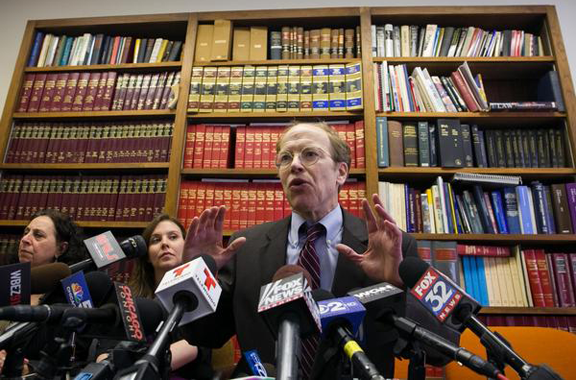







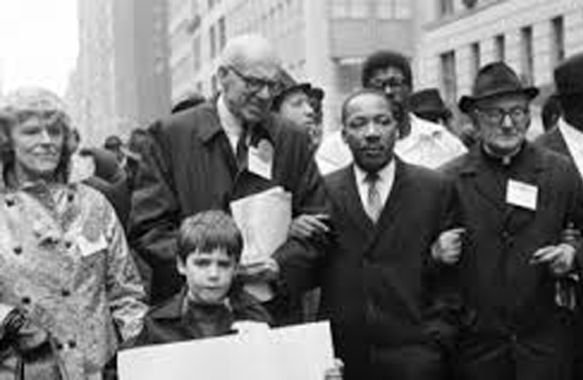
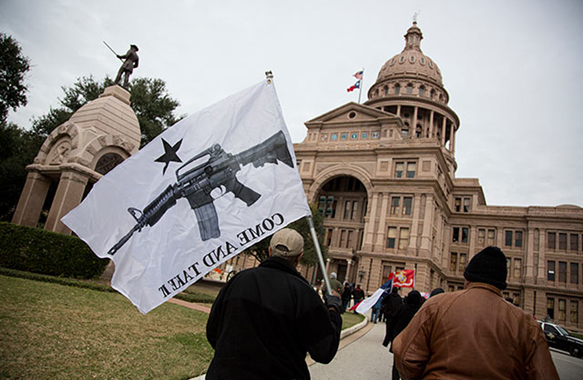
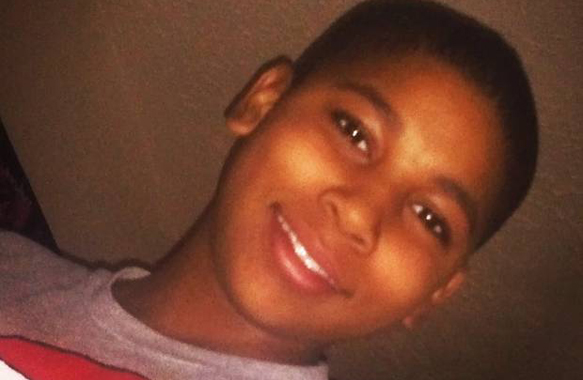
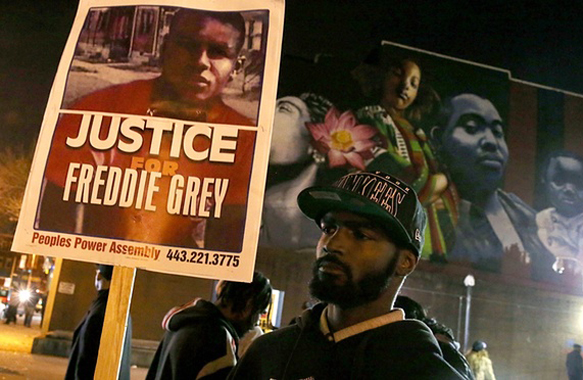
Leave A Comment